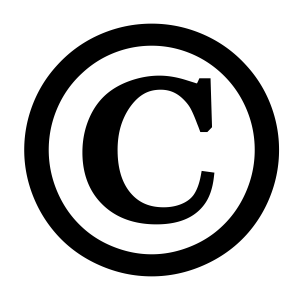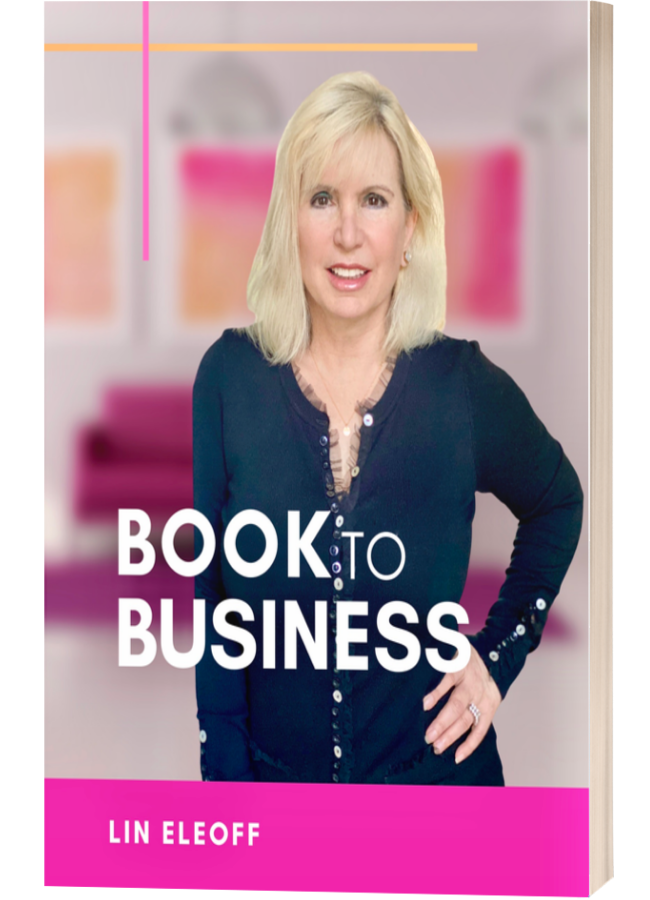Ah, yes, fair use. I hear people use that phrase all the time based on their opinion of what they think is “fair” under the circumstances.
Unfortunately, it’s way more complicated than that. Indeed, the United States Supreme Court has gone on record as saying that the Fair Use Doctrine is “the most troublesome in the whole law of copyright.”
Determining what constitutes “fair” use has been a major conundrum in courts of law. That’s because the doctrine seeks to balance several rights: the rights of the copyright holder, the rights of society as a whole, and the right of individuals to obtain information.
The United States Supreme Court has gone on record as saying that the Fair Use Doctrine is “the most troublesome in the whole law of copyright.”
Let’s back up for a moment…
Fair Use is not a right but rather an “affirmative defense” against a copyright infringement claim.
An affirmative defense is a set of facts that operate to defeat an infringement claim, even though the facts that support the claim are true. For example, let’s say you’re accused of using copyrighted material on your website. You don’t deny that you used the material, but you claim to have a “legal excuse” (fair use) that mitigates the infringement. In other words, the doctrine allows for the use of copyrighted material, without permission, under certain circumstances, the operative word being “certain” as opposed to, “whenever I think it’s fair.”
Fair use, as difficult as it may be to determine, can be put through a test, although hardly a straightforward one.
No Bright Line Test For Fair Use
Generally speaking, a court will consider 4 factors, or guidelines, in its determination of whether a fair use defense applies to the matter before it:
whether a fair use defense applies to the matter before it:
- The purpose and character of the use (example, for editorial or commercial purpose);
- The nature of the copyrighted work (example, is the work factual or fictitious);
- The amount and substantiality of the portion taken (don’t ever make assumptions here);
- The effect of the use upon the potential market (does the use affect the value of the copyrighted work?)
As you might imagine, these factors give the court a lot of discretion in making its determination because there is no “bright line test” that minimizes interpretation.
And that’s why fair use is so confounding. And often a roll of the dice as a defense.
Which means…
Don’t rely on your opinion of “fair.”
Don’t assume you can take images off the Internet and use them on your website without permission and call it fair use.
Don’t assume that it’s fair use to use “just a few seconds” of a song on your podcast, without permission.
And, here’s a big one: Giving attribution doesn’t count. You need express permission, i.e., get it in writing.
EXCEPT… anything created before 1923 falls under public domain and is not protected.
FOR BOOK AUTHORS AND CONTENT WRITERS
Authors are always asking me what’s allowed when it comes to quoting other people in the content they are creating. (As an aside, I admire anyone who takes the time to make sure they don’t get themselves into legal hot water!)
First, you must determine whether the material you want to quote or use doesn’t fall under the Fair Use umbrella, meaning you don’t have to ask for permission BUT ONLY SO LONG AS you’re not infringing on the rights of the copyright holder.
I always tell people to err on the side of “not likely to get sued,” which means, GET PERMISSION.
Having said that, quoting someone is usually not going to be a problem IF the quote is brief AND the success of your content doesn’t depend on the quote. In other words, if you’re relying on quotes of other people to help you make money, and you have a low tolerance for the risk of getting sued, stand down my friend, stand down.
For example, if you were to use a brief quote from Steve Jobs as a way to support the content you’re creating (to emphasize the point you’re making) and it is done is a positive light (i.e., you’re not presenting Steve Jobs in a negative way, which opens you up to an entirely different kind of lawsuit), then it’s generally considered to be “fair use.”
Again, I say “generally” because without explicit permission from the copyright holder, you’re always going to be exposed because anyone can sue anyone, and you do not want to get sued. Ever. It’s a nightmare.
I guess it comes down to your level of risk tolerance. At what point will you not be able to sleep at night?
Having said that, if you were to quote Oprah in a positive way, and as long as the money you will make from the content you’re creating doesn’t depend on your Oprah quote, then you’re probably in fair use territory.
Just make sure you provide attribution – it’s the right thing to do.
Song writers are more likely to protect their content, so be careful when quoting song lyrics. However, if you’re quoting a song from before 1923 you don’t need permission. Again, all works created before 1923 are in the public domain.
Things also get tricky with recipes, so tread lightly if you’re venturing in that area.
BOTTOM LINE: WHEN IN DOUBT, LEAVE IT OUT
Play it safe: do not use copyrighted material without the express permission of the copyright holder unless you are certain it falls under the fair use doctrine. And just because you don’t see a copyright symbol or notice, it does not mean it’s not copyrighted material. A copyright notice is not required to establish legal ownership of the material in question.
 Does Your Business Need a Book?
Does Your Business Need a Book?
Becoming an author gives you instant authority and credibility in the eyes of your audience.
It’s a way to stand out from everyone else who does what you do.
You see, it’s not enough to be good at what you do, you have to know how to attract the attention of the people who need to hear what you have to say. Otherwise, they don’t even know you exist.
Check out my new book, BOOK to BUSINESS, and learn how to turn readers into paying clients.
